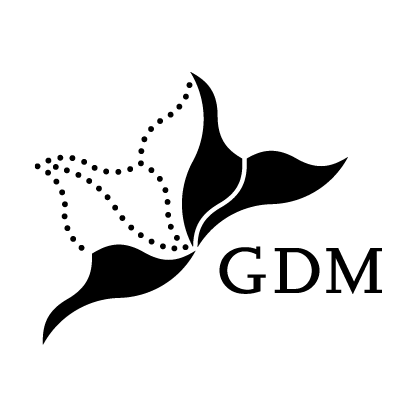Management
Prof. Dr. Birgit Brandt birgit.brandt@zlb.tu-chemnitz.de
Prof. Dr. Kerstin Tiedemann kerstin.tiedemann@uni-bielefeld.de
Development
In 1978, Terhart coined the term Interpretative Classroom Research out of a critique of the prevailing research programs in classroom research and justified it with a symbolic-interactionist conceptualization. The essay “Kommunikationsmuster im Mathematikunterricht – Eine Analyse am Beispiel der Handlungsverengung durch Antwortantwortwartung” (Bauersfeld 1978), published in the same year, in which Heinrich Bauersfeld describes the funnel pattern as a stereotype of classroom reality jointly produced by teacher and learners, can be seen as the beginning of interpretative classroom research in German-language mathematics didactics. The Bielefeld working group around Bauersfeld at the IDM subsequently approached the intrinsic law of everyday school life with first case studies and in doing so also advanced the methodological and methodological examination of the development of scientific terms and concepts from the concrete field in mathematics didactics. This research approach, which was new at that time, was soon taken up by other research groups in mathematics didactics, and a nationwide working group on Interpretative Classroom Research was formed, which met regularly from the mid-1980s onwards at working conferences for joint interpretation sessions of different classroom recordings.
Aims
The Arbeitskreis Interpretative Forschung der Mathematikdidaktik sees itself committed to the tradition of Interpretative (Instructional) Research and would especially like to emphatically represent its scientific claim of empirically based theorizing: “We see its efficiency founded in its specific, sociologically oriented perspective, which is suitable to make mathematics education perceptible as a banal social event without any ifs and buts. It leads to theories with great empirical, contextual content, which consciously distances itself from theory developments with a claim to validity that is as global and decontextualized as possible.” (Jungwirth/Krummheuer 2006, 8)
Thinking framework
Interpretive research sees itself as a framework of thinking and offers a specific theoretical access to the world, which pre-structures the research process in the conceptualization of the research object and the methodological approach to the same. This framework of thinking is thereby to be adapted to the specific object of research in each case – the approach is thus not limited to specific mathematical content areas or age levels of learners and is open to many topics and questions. Common, however, is the interpretative basic stance in the sense of Symbolic Interactionism, which has been extended and supplemented by further theoretical concepts in the course of the now more than 30-year history, depending on the location of the practice or the goal of the development of the concept.
In order to do justice to the postulated goal of scientific ambition, one objective of the working group Interpretative Research consists in a discussion of the interconnections and compatibility of theoretical basic concepts and figures of thought for research in mathematics didactics. This methodological discussion is to be conducted in close relation to the scientific discourse outside mathematics didactic research.
Interpretative research belongs to the qualitative research paradigm and invokes the hermeneutic traditions of the social sciences and humanities for reconstructions of classroom events “from the internal perspective of the agents” (Maier/Voigt 1991, p. 8). Interpretative research takes on a descriptive function that is linked to the goal of elaborating theoretical constructs for a well-founded understanding of the processes of action and modes of functioning of this everyday practice, and it is precisely in this reconstructive stance that it sees starting points for change and for the establishment of new teaching realities. An essential field of activity of the working group to be founded are workshops with joint interpretation sessions on documents of mathematical development processes or from the everyday life of teaching-learning practice to establish and maintain an interpretative research practice with methodically controlled analysis procedures without implicit evaluation of the reconstructed realities.
Research field
The field of research in mathematics didactics has become broader in the last 30 years. Even if everyday school practice still constitutes a focal point of interpretatively oriented research projects, numerous projects can be found that leave this framework and, for example, also look at mathematical development processes in other social institutions. This development is reflected in the name of the new working group, which is to be founded, by the fact that the term Interpretative Research in Mathematics Didactics is not used.
Dates and events
- Working group meeting at the GDM annual meeting in Frankfurt: Thu, 01.09.2022, 14.00-15.30 hrs.
- Autumn meeting: Fri, 25.11. – Sun, 27.11.2022. Further information will follow.




